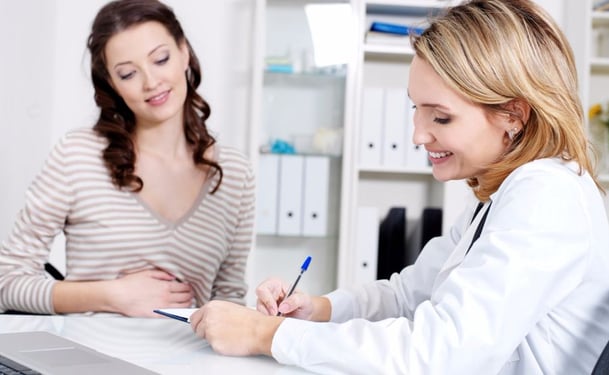You can’t always manage the pain, swelling, and discomfort from your varicose veins just with home treatments. You may need to see a vein specialist for more substantial care. A vein specialist can diagnose your vein condition and help you with a variety of effective treatments.
Why see a vein specialist
A vein specialist can accurately diagnose your vein problems and provide the best treatment for you, whether it’s for cosmetic reasons or for serious venous disease. Your veins play a crucial role in your overall health, so it’s important to see a vein specialist like a vascular surgeon, interventional radiologist, phlebologist, or dermatologist that is well trained and equipped to treat your veins.
Visible signs of varicose veins
A vein specialist can help you with your spider veins or bulging varicose veins, even if you don’t have any other significant symptoms of vein disease. Modern varicose and spider vein treatments are non-invasive, almost pain-free, and have little to no down-time.
Severe symptoms of venous disease
Severe symptoms of venous disease should definitely not be ignored. If you have pain, swelling, skin discoloration, or open sores on your legs, a vein specialist can provide you with a clear diagnosis and the best treatment options to help you regain your quality of life.
Pay attention to these symptoms
The following symptoms can mean there’s a problem with your veins and a consultation with a vein specialist may be necessary.
- Twisted or bulging veins
- Dark purple or blue veins
- Discomfort, pain or a feeling of heaviness in your legs
- Swelling in your lower legs
- Itching around one of your leg veins
- Skin discoloration
Symptoms of varicose veins and other vein conditions may worsen after sitting or standing for long periods, or toward the end of the day. They may also be severe enough to interfere with your daily activities like work, exercise, and social interactions.
Serious warning signs
You should contact a vein specialist or your primary care doctor if you develop any of the following more serious symptoms:
- Sudden pain or swelling in your leg. This could be a sign of a blood clot in a deep vein, called deep vein thrombosis (DVT). This is a potentially life-threatening condition.
- Bleeding in the skin over a varicose vein, with or without an injury. Because this skin is often thin, it can bleed heavily. To stop the bleeding, apply pressure and elevate your leg.
- A tender lump in your leg. This could be caused by inflammation or a blood clot in your vein. This may require treatment.
- An open sore in your leg, known as an ulcer. Poor circulation and pooling blood can cause skin sores. These can be a difficult and serious condition requiring specialized treatment.
- Varicose vein symptoms that don’t get better with home treatments, or new symptoms that concern you can be an indication of venous disease.
Preparing for your appointment
To make the most of the appointment with your vein specialist, write down the following info before your visit:
- Any symptoms that you have been having, including those that you don’t think are related to varicose veins
- Personal information, such as whether other members of your family have had varicose veins or heart or circulation problems
- Medications, vitamins, and supplements that you are taking
- Questions you want to ask your doctor


